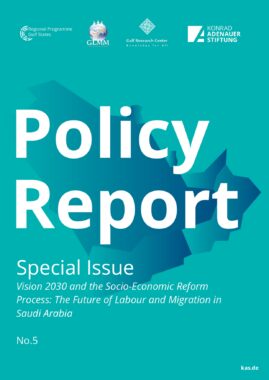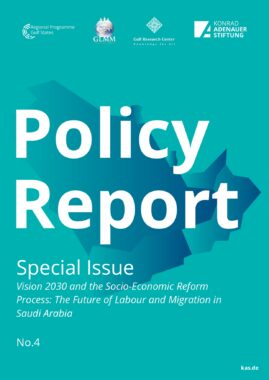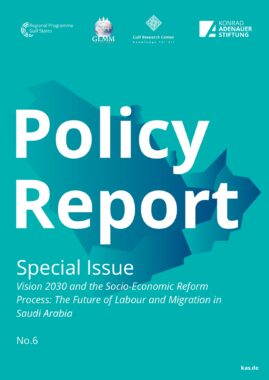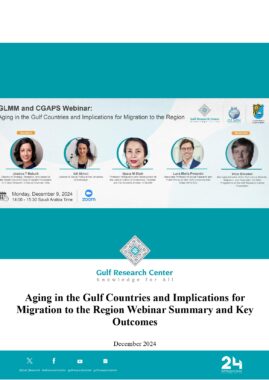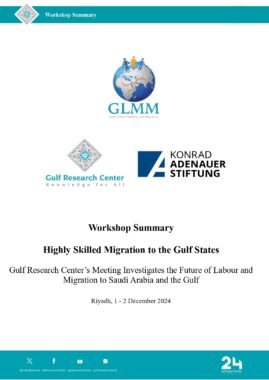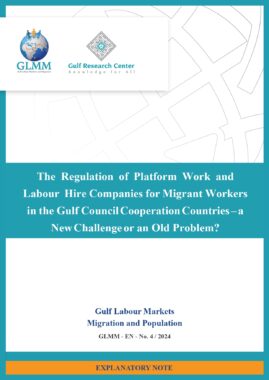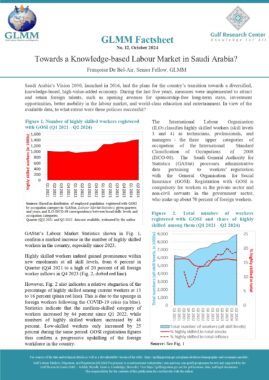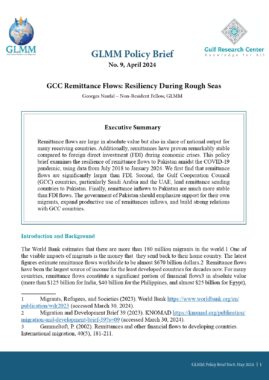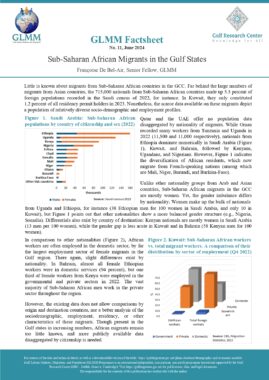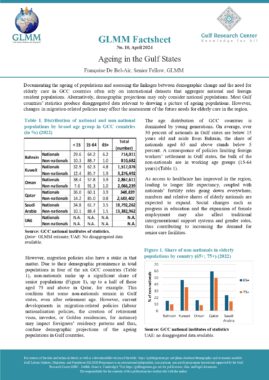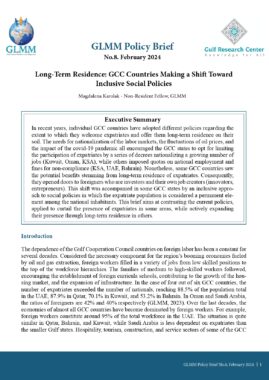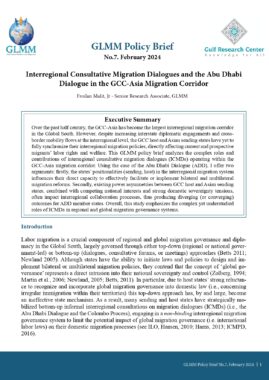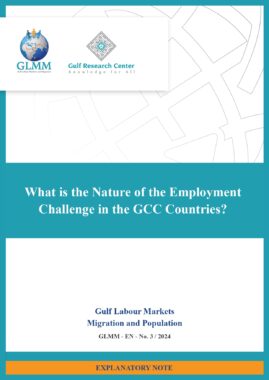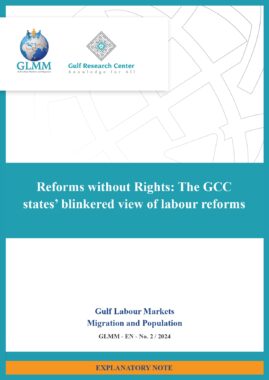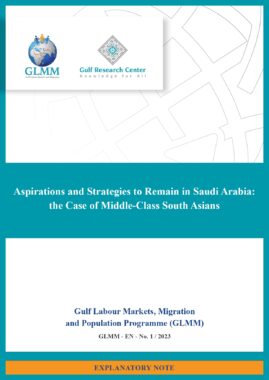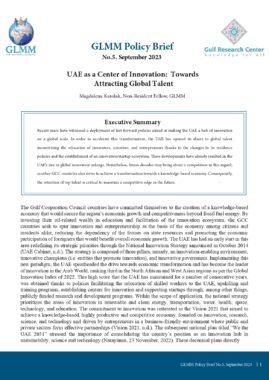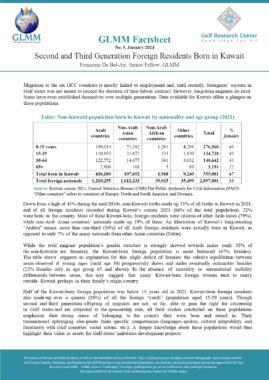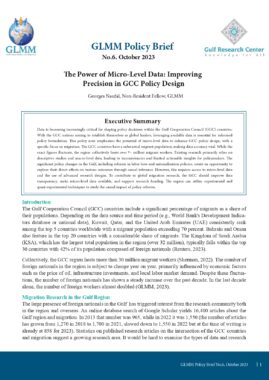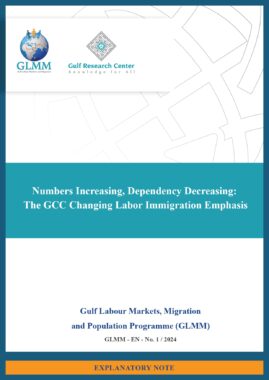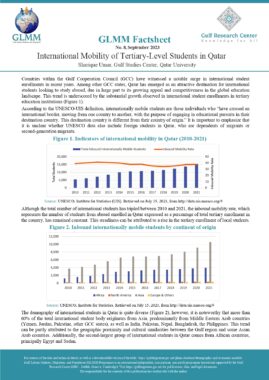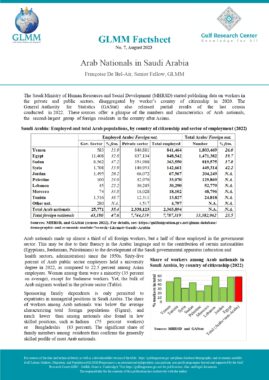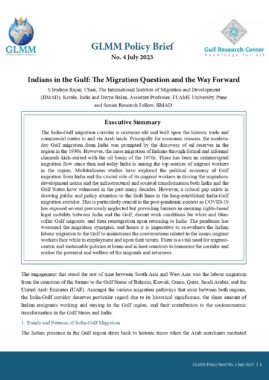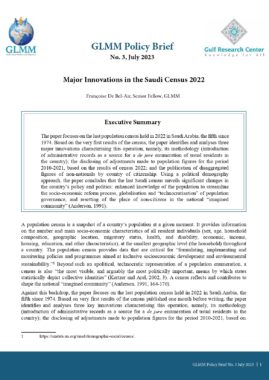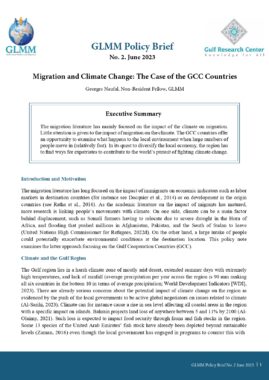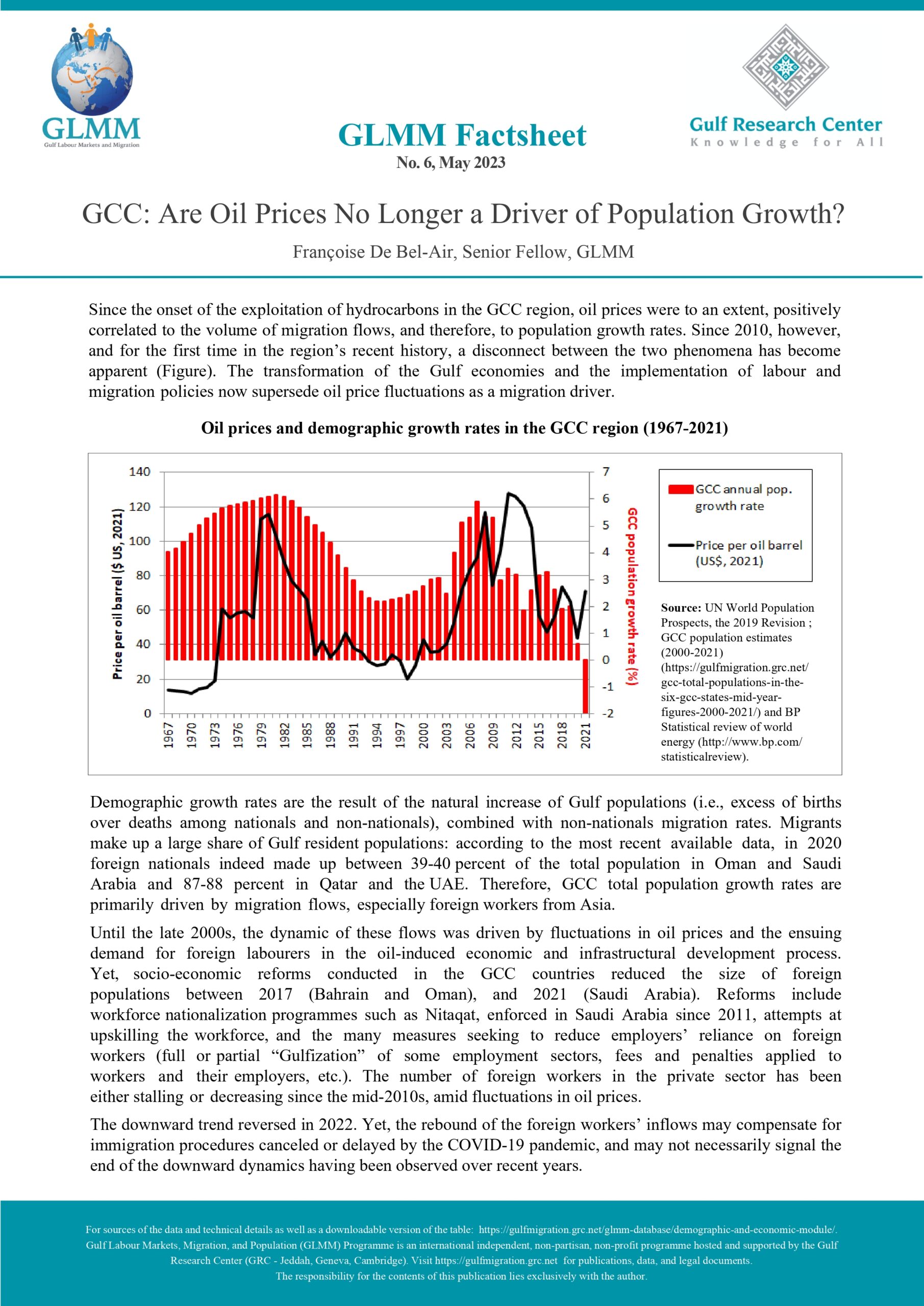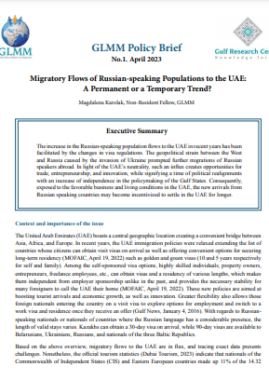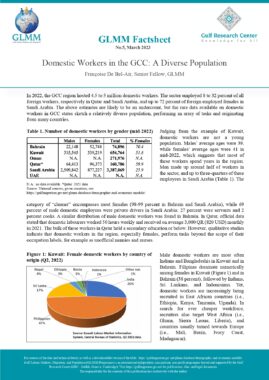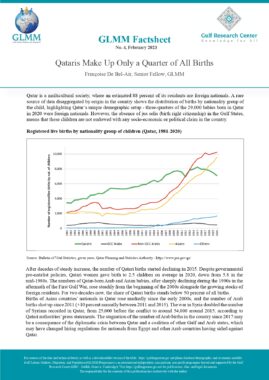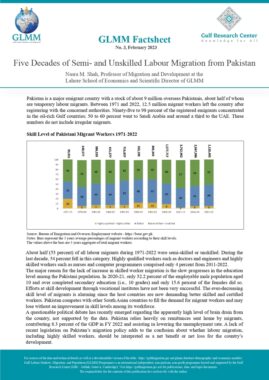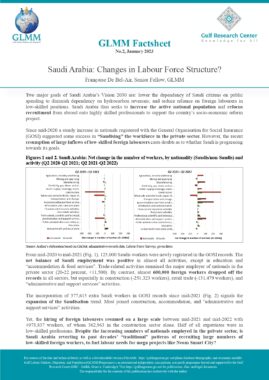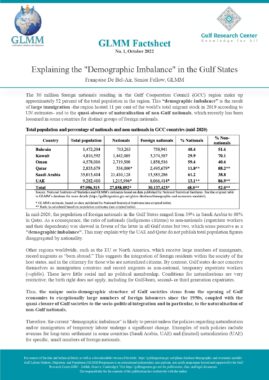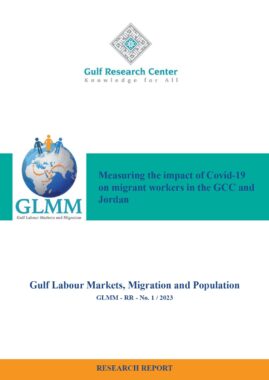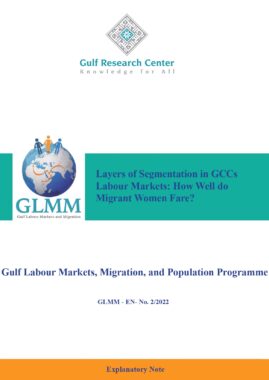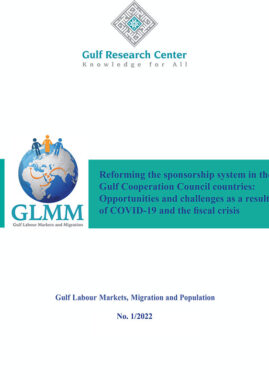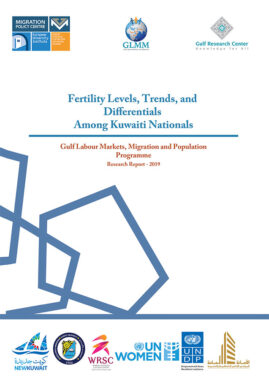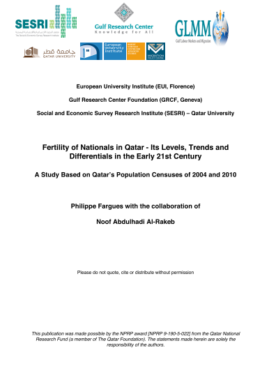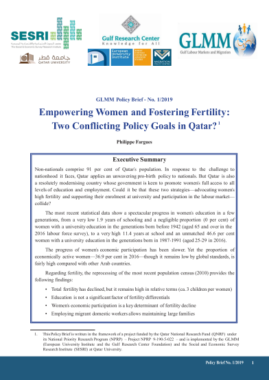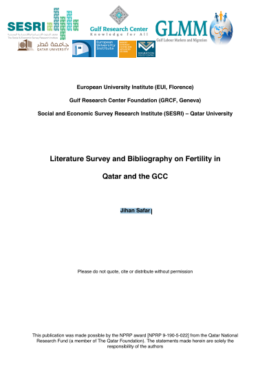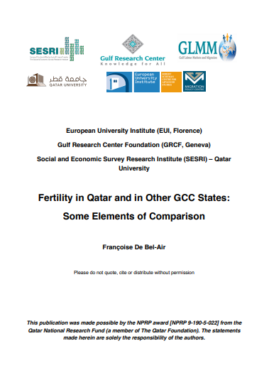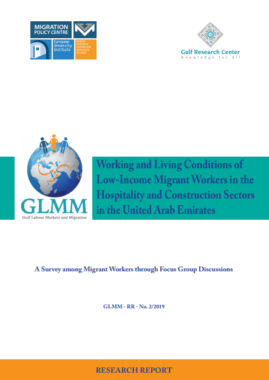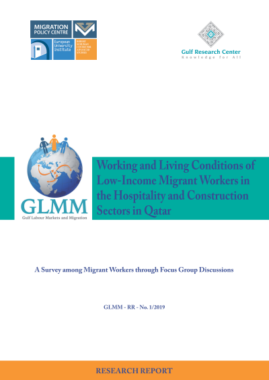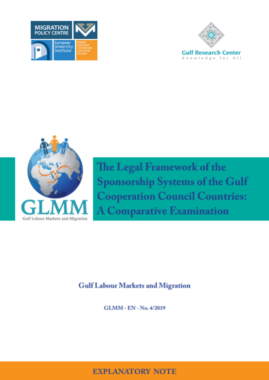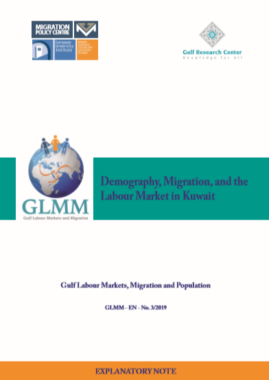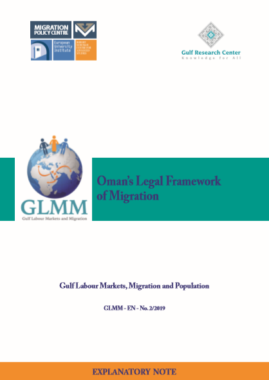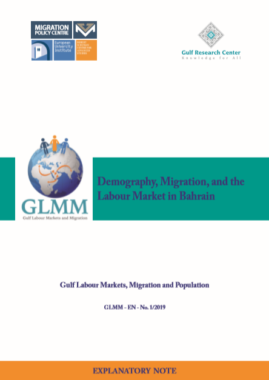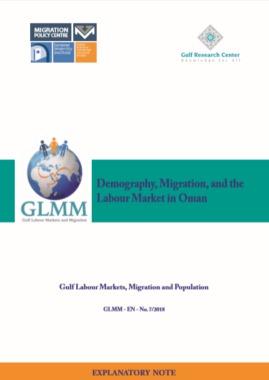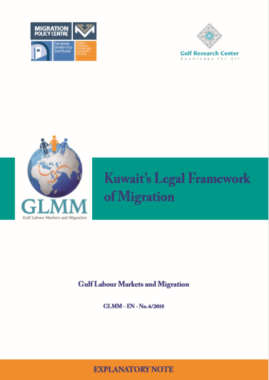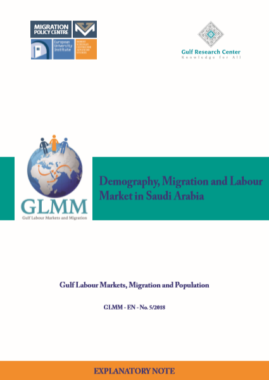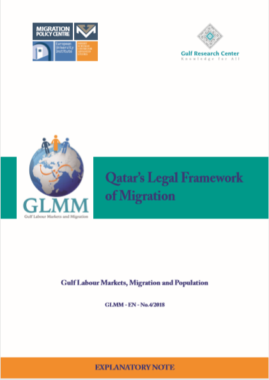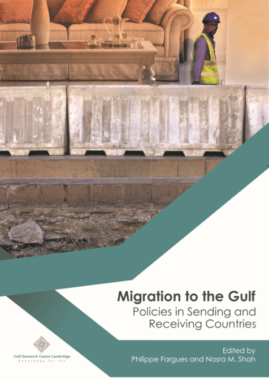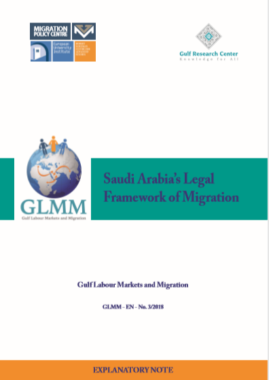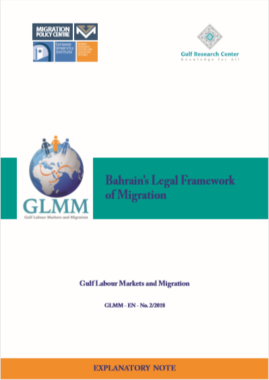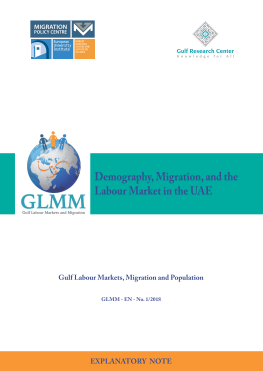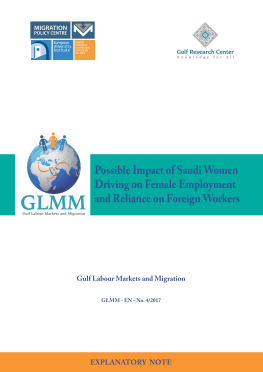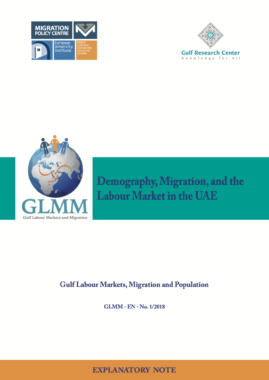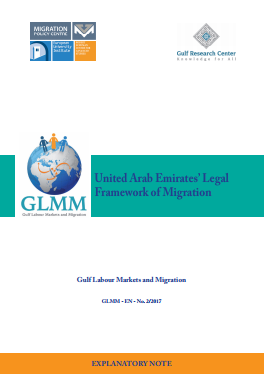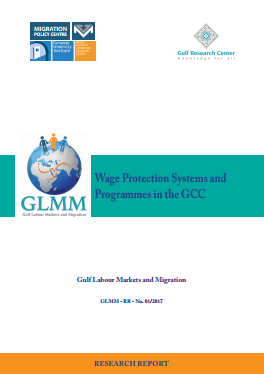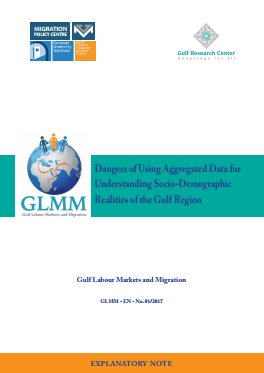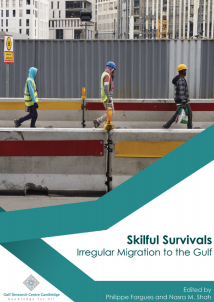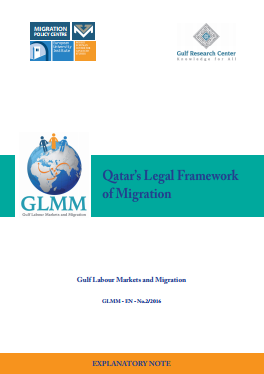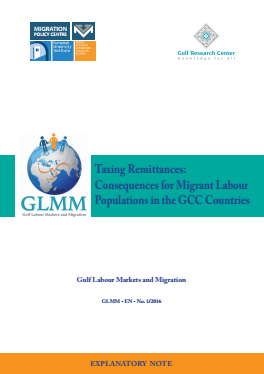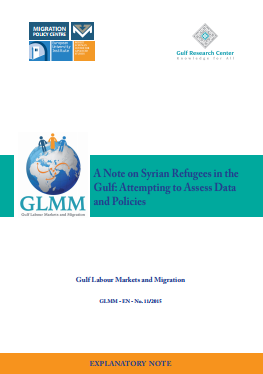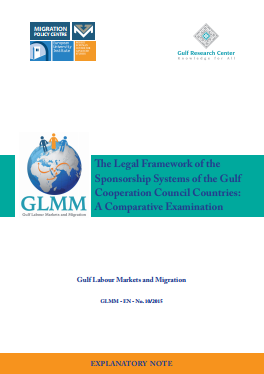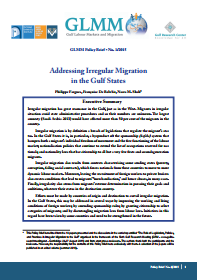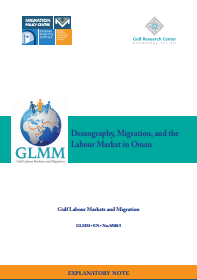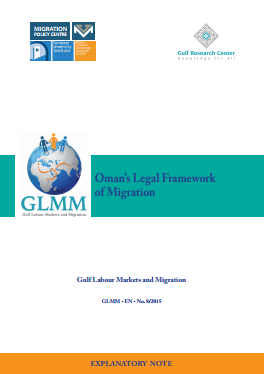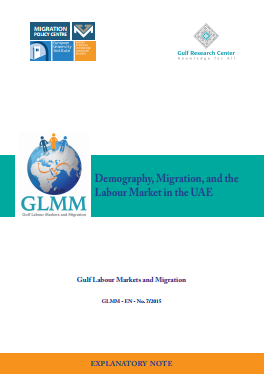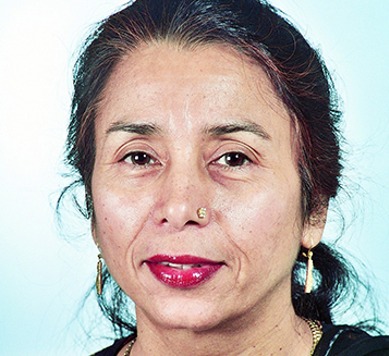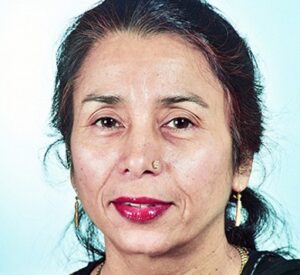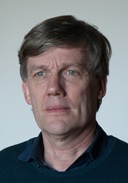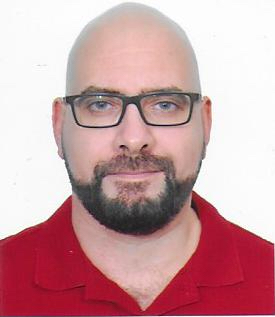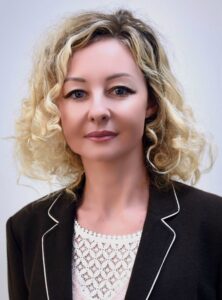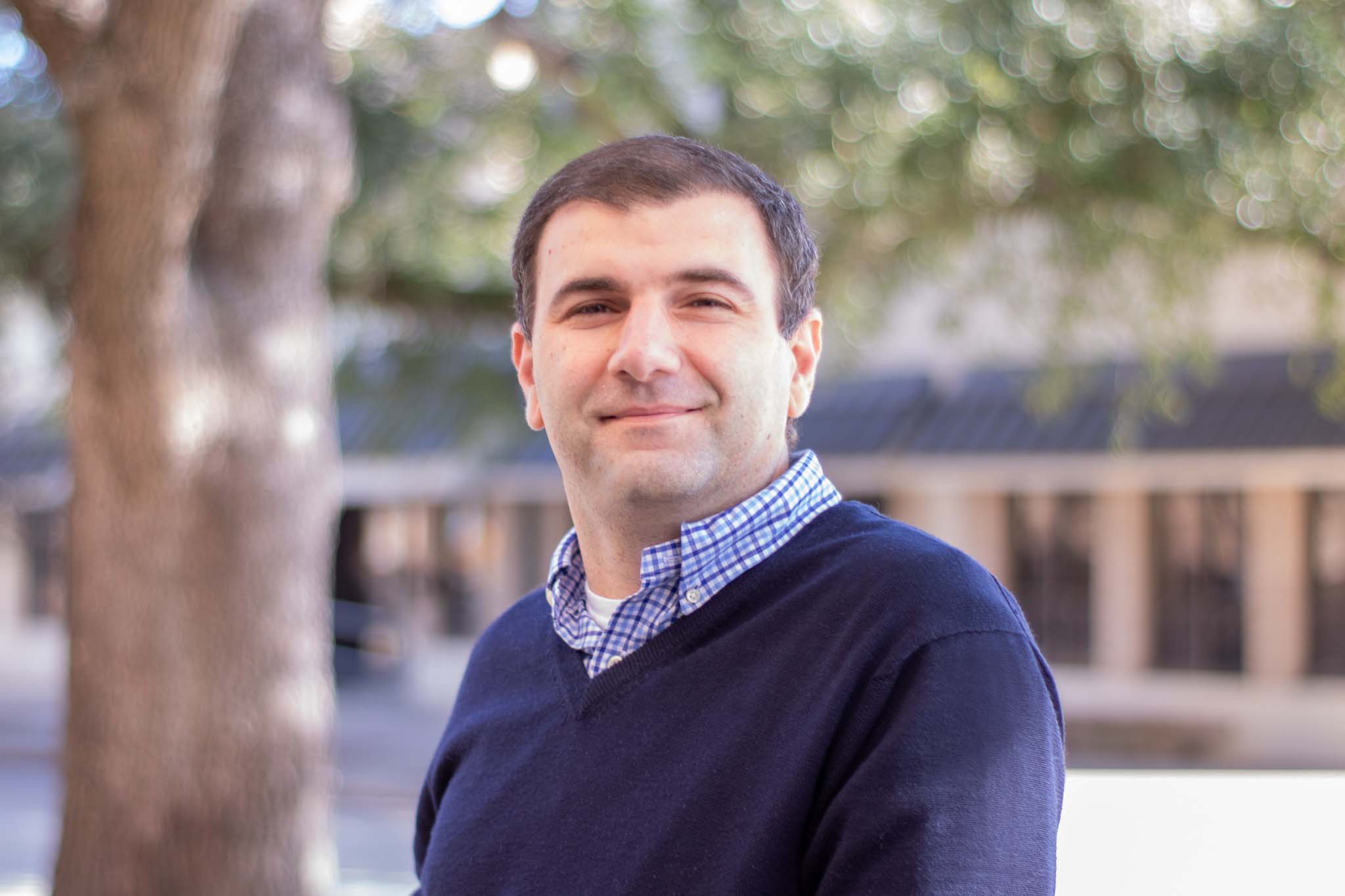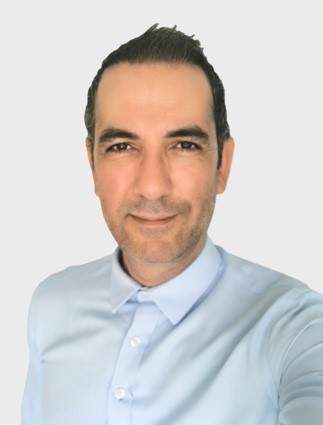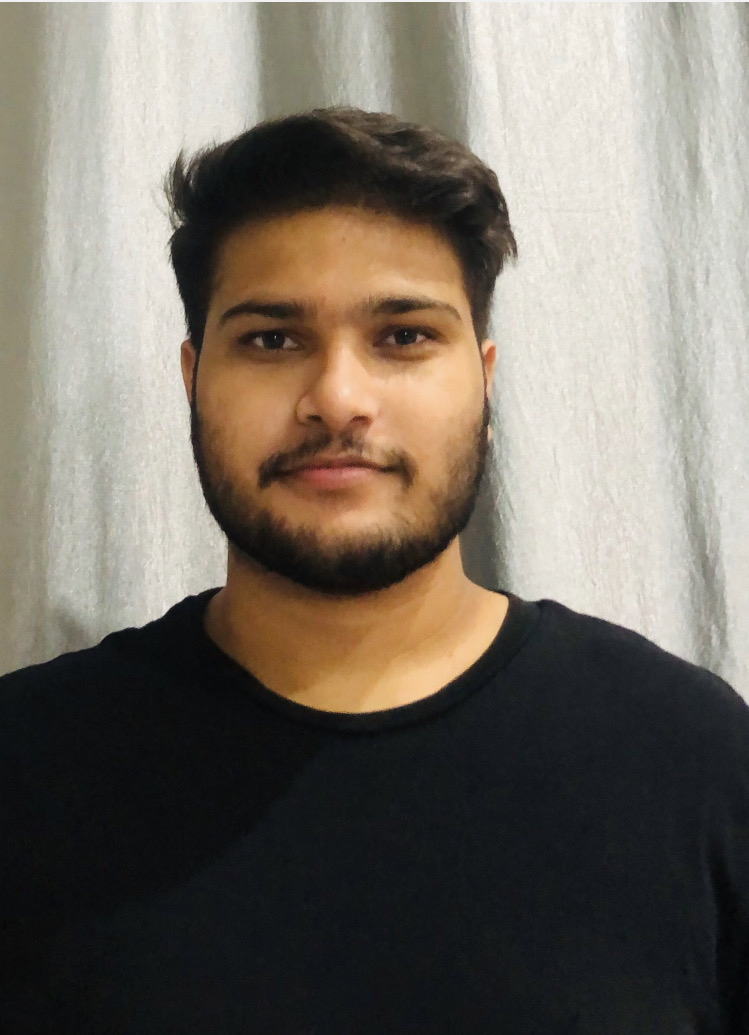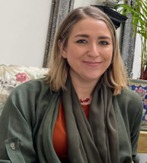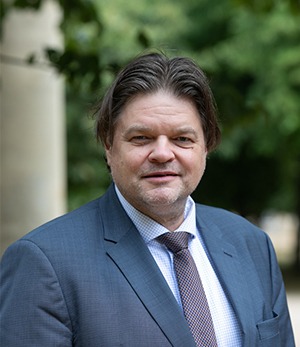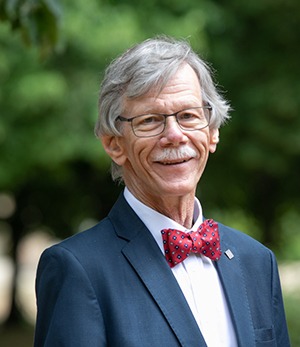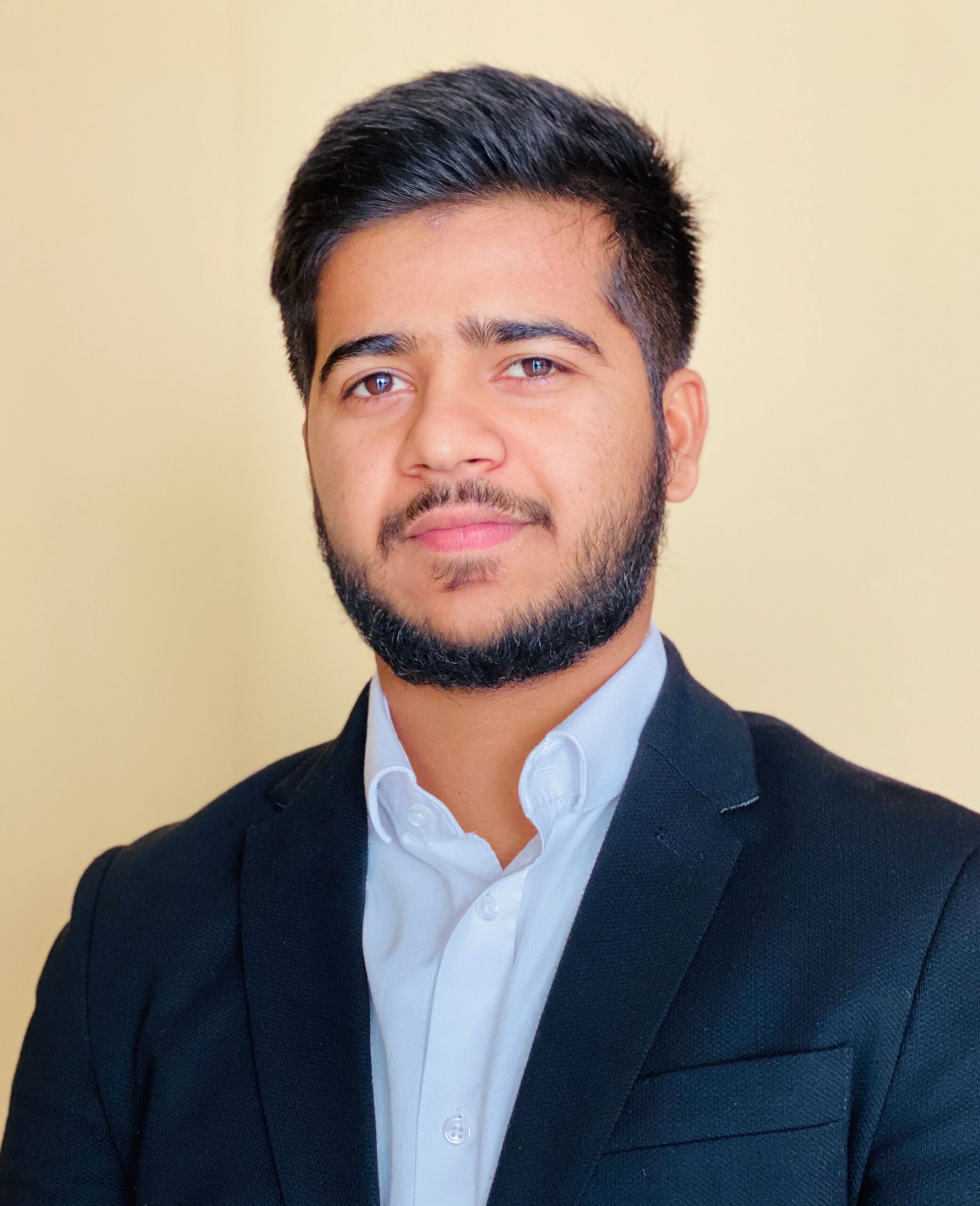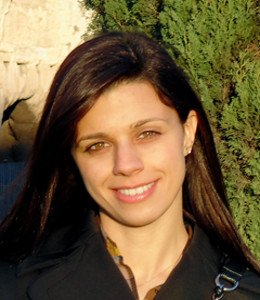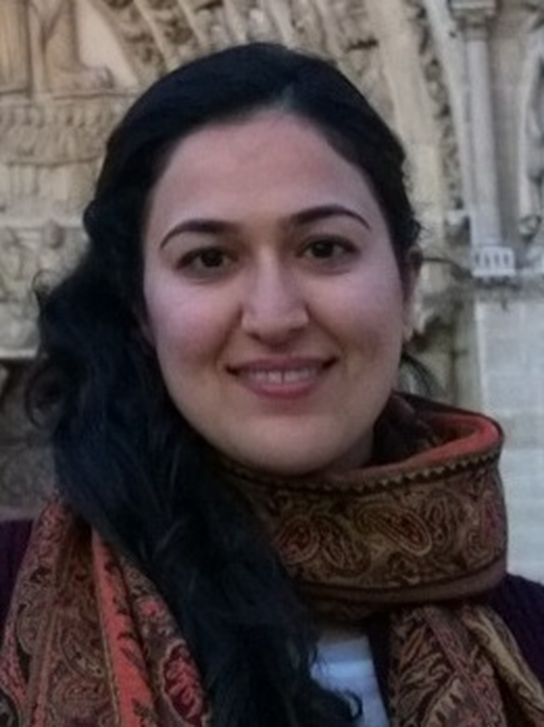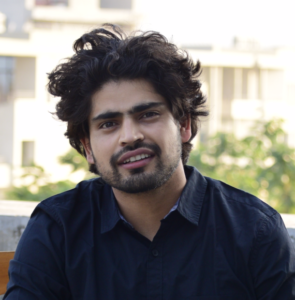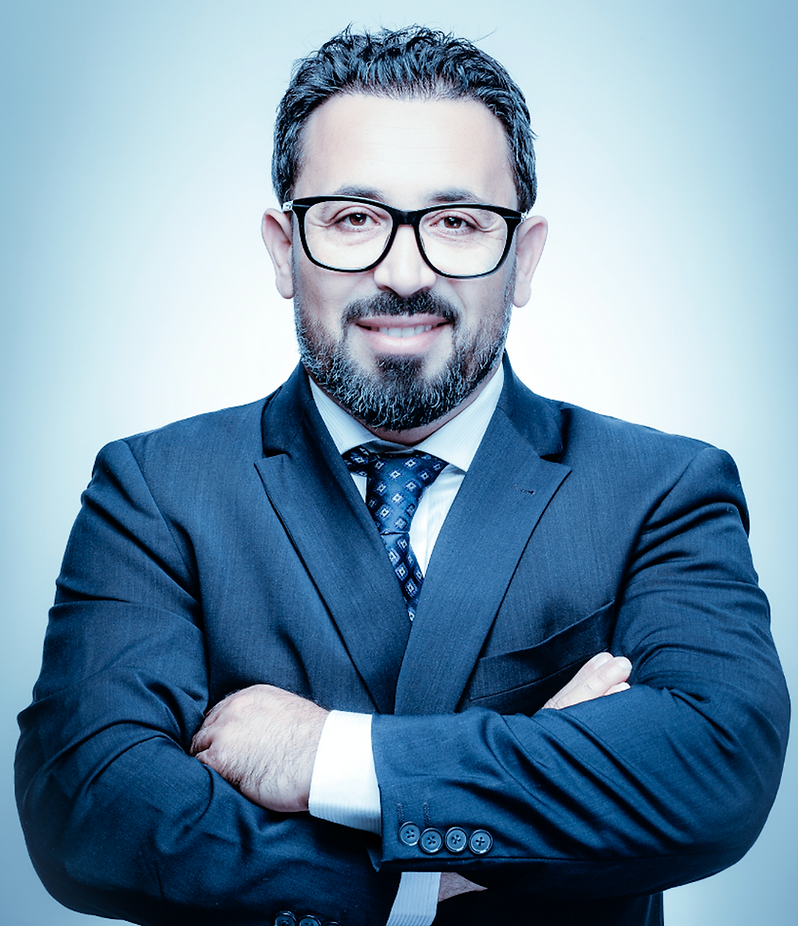All People
GLMM Scientific Director
Nasra M. Shah is a Professor of Migration and Development at the Lahore School of Economics, Pakistan. She is the scientific director of GLMM. Prior to returning to her homeland, she was Professor of Demography at the Department of Community Medicine and Behavioral Sciences at the Faculty of Medicine, Kuwait University for about 30 years. Prof. Shah received her doctoral degree in Population Dynamics from the Johns Hopkins University, School of Public Health, Baltimore, USA, in 1974. Before joining Kuwait University, she worked in Hawaii, USA at the East-West Population Institute and at the Pakistan Institute of Development Economics, Islamabad. Besides international migration, her research has focused on various themes including the role of social factors in infant and child mortality; predictors of fertility and contraceptive use; women’s role and status; utilization of health services; and psychosocial and physical health of older persons.
Labor migration, especially from Asian to oil-rich Gulf countries, has been a consistent and very prominent theme in her research throughout her professional career. Her migration related research includes analyses of socioeconomic profiles and economic progress of migrant workers, domestic worker migration, violence against women migrants, increasingly restrictive policies of host countries, irregular migration, the role of social networks in migration, and migration policies of host and home countries. She has served as a member of the Editorial Boards of Asian and Pacific Migration Journal; Migration and Development; and International Perspectives on Sexual and Reproductive Health. Her many publications include books on Asian Labor Migration: Pipeline to the Middle East; Pakistani Women; Basic Needs, Women and Development; Population of Kuwait: Structure and Dynamics; Skillful Survivals: Irregular Migration to the Gulf; Migration to the Gulf: Policies in Sending and Receiving Countries; and Covid-19 Crisis and Asian Migration.
GLMM Scientific Director
Françoise De Bel-Air is a researcher and consultant based in Paris, France. A socio-demographer by training, she specializes in the demography of Arab countries, especially in the Middle East and the Gulf region. Currently a Senior Fellow at the Gulf Labour Markets, Migration, and Population (GLMM) programme of the Gulf Research Center Foundation (GRCF, Geneva) since 2013, she was a Senior Fellow at the French Institute for the Near East (IFPO) in Amman, Jordan for several years, and a part-time Professor at the Migration Policy Centre (MPC), European University Institute (EUI), Florence, Italy. Her research focusses on political demography, as well as on the demographic and socio-political dynamics in the region: youth, family structures, labour and forced migration, migration, and population policies. She published two edited volumes and over fifty book chapters, scientific articles, and research papers on population issues in the Arab region. Her recent publications on migration and Gulf states include “Asian Migrants in the Gulf”, in Shah. N. (Ed). Covid-19 Crisis and Asian Migration, Lahore: Lahore School of Economics, 2021; The Socio-Economic Impact of Covid-19 and Low Oil Prices on Migrants and Remittances in the Arab Region (with B. Nilsson), UNDP-RBAS Research Papers, 2021; “Youth Unemployment and Alienation in the Middle East: A Critical View”, in: Salvatore, A.; Hanafi, S. and Obuse, K. (Eds). The Oxford Handbook of the Sociology of the Middle East, New York, NY: Oxford University Press, 2022; and “The Politics of Migration in the Gulf States”, in: AlMezaini, Kh. and Alexander; K. (Eds). Introduction to Gulf Politics, Cambridge: Cambridge University Press (forthcoming).
f_dba@hotmail.com
https://grc.academia.edu/FrancoiseDeBelAir
https://www.researchgate.net/profile/Francoise_De_Bel-Air
Imco Brouwer is Managing Director of the Gulf Labour Markets, Migration, and Population (GLMM) programme, at the Gulf Research Center (GRC).
He is affiliated with the GRC since 2009, initially assisting in the setting up of Gulf Research Meeting (GRM, 2009-2011) and then in establishing and managing the GLMM.
Over the past three decades, Imco Brouwer has worked with universities, research centers, foundations, and non-governmental organizations. His focus has been on international migration, human rights, democratization, higher education, and international cooperation. His responsibilities have included setting up and managing centers and programs; academic and policy research projects; international meetings and networks of scholars and policy makers; and academic and professional training. Fundraising from European, US and Arab grant makers has been an integral part of these activities. Geographically speaking, his professional focus has been the Middle East, North Africa, and the Mediterranean area as well as Europe and the US.
During the last 15 years he has focused on international migration into, through and from the Middle East and North Africa, with particular attention to the Gulf countries. He also continues to follow closely his long-term research interest on political regime change and international democracy assistance.
Previously, he was affiliated with the Robert Kennedy Center for Justice and Human Rights (RFK Center, Florence, 2012-2013), Arab Reform Initiative (ARI, Paris, 2011-2012) and the European University Institute (EUI, Florence). At the latter, he set up and managed the Mediterranean Program (MP, 1999-2004) and the Mediterranean Research Meeting (MRM, 2000-2009) and worked for the Consortium for Applied Research on International Migration (CARIM, 2006-2009). For a consortium of Mediterranean universities and regional governments, he set up and managed an innovative Masters in Euro-Mediterranean Affairs (MAEM/MEMA, 2002-2007).
He holds the equivalent of a MA in Political Science (University of Catania) and was a Ph.D. student in Social and Political Sciences at the EUI (ABD).
He is the GLMM network manager and engages in research. Recent publications include: “Working and living conditions of low-income migrant workers in the hospitality and construction Sectors in Qatar,” GLMM Research Report No. 1, 2019 (with Philippe Fargues, Nasra M. Shah); “Working and living conditions of low-income migrant workers in the hospitality and construction Sectors in the United Arab Emirates,” GLMM, Research Report No. 2, 2019 (with Philippe Fargues, Nasra M. Shah); and “Labour Migration”, in Adel Abdel Ghafar & Tarik Yousef (eds.), The GCC Turns Forty: Managing Change in an Uncertain Word, Brookings, 2022 (forthcoming)
Imco Brouwer is also a photographer. Personal website: https://www.imcobrouwer.photography. Florence project website (together with Franco Guardascione): https://www.progetto-oltrarno.it.
Usamah F. Alfarhan is an applied microeconomist who earned his Ph.D. from Texas Tech University in 2010. He served as an economic consultant for the USAID-funded Fiscal Reform Project in Jordan before rejoining Academia in 2012. Since then, he taught economics at the principles level, intermediate microeconomics, labor economics, mathematical economics, and economics of tourism mainly at Sultan Qaboos University in Oman. Usamah joined Haile College of Business at Northern Kentucky University in 2022. His research focus is fundamentally on applied queries in labor and tourism economics, citable in reputable outlets such as the International Journal of Manpower, Economic Modelling, the International Journal of Consumer Studies, Tourism Economics and Current Issues in Tourism, among others. He also serves as Senior Fellow at the Gulf Labour Markets, Migration and Population Programme.
Froilan T. Malit, Jr. is a PhD Politics candidate at the University of Glasgow and a visiting fellow at the American University in Dubai, specializing in the linkages between foreign policy, migration, and labor rights in the Asia-Gulf corridor. For more than a decade, Malit has worked as a Middle East migration policy consultant for regional and international organizations, including the Abu Dhabi Dialogue, ILO, IOM, World Bank, and other global think tanks, academic, and migrant civil society institutions. He is also member of the ILO Regional Office for Arab States’ Migration Advisory Group, a GLMM senior associate researcher, and a managing director of Rights Corridor. He has published in numerous academic publications, including the Journal of Ethnic and Migration Studies, Global Studies Quarterly, International Migration, Asia Pacific and Migration Journal (forthcoming), and among others, and co-edited with Dr. Rania Rafik Khalil a book, Recent Migrations and Refugees in the Middle East (Transnational Press London, 2019). He regularly provides migration policy opinions to international media outlets, including the New York Times, Reuters, The Guardian, The Washington Post, South China Morning Post, Gulf News, and Gulf Today. He holds B.S Industrial and Labour Relations (with honors) from Cornell University, MSc Migration Studies from the University of Oxford, MSt International Relations (with distinction) from the University of Cambridge, and a migration certificate /training from the European University Institute and the University of the Philippines’s ASEAN graduate program.
Magdalena Karolak is Associate Professor of Humanities and Social Sciences at Zayed University, UAE. She received her Ph.D. in Linguistics, M.A. in Political Science, M.A. in Latin American Studies, and B.A. in French Language. Prior to working at ZU, Dr. Karolak held Assistant Professor positions in Bahrain and Saudi Arabia. In 2014-15, she was an American Political Science Association MENA Fellow. Her research interests include transformations of societies in the MENA region and comparative linguistics. Dr. Karolak has published more than 50 journal articles and book chapters on the shifting gender relations, social media, culture and identity, and political system transformations in the MENA countries. She is the author of three scholarly monographs.
Dr. George Naufal is an associate research scientist at the Public Policy Research Institute (PPRI) at Texas A&M University, a visiting Scientist at the Center for Health Data Science and Analytics at Houston Methodist Research Institute, a research fellow at the IZA Institute of Labor Economics and the Economic Research Forum (ERF). Previously he was the Technical Director at Timberlake Consultants. He was also an Assistant/Associate Professor of Economics at The American University of Sharjah (2007 to 2014) in the United Arab Emirates. George earned his Ph.D. in Economics in 2007 from Texas A&M University. His area of expertise is applied econometrics with applications to labor economics including criminal justice, education, migration, and public health. He has published extensively on migration and labor market issues in the Gulf region including a book titled “Expats and the labor force: The Story of the Gulf Cooperation Council countries”. Dr. Naufal’s work has been cited by regional such as Al Arabiyah, GulfNews, National News, and international media outlets such as the New York Times, Bloomberg, Reuters, the Washington Post, and NPR.
In December 2024, GLMM welcomed Dr. Mehmet Ali Soytas as a new Non-Resident Fellow. Mehmet Ali Soytas is a Senior Advisor for labor markets and research at the National Labor Observatory (NLO) in Saudi Arabia. He leads the strategic development of reports and research products at NLO. Previously, he served as Associate Professor of Economics at King Fahd University of Petroleum and Minerals (KFUPM) and Ozyegin University in Istanbul. Additionally, he has held research roles at the King Abdullah Petroleum Studies and Research Center (KAPSARC) and the Central Bank of the Republic of Turkey. Dr. Soytas has a rich history of consulting for global organizations, including the World Bank and the Energy Exchange Istanbul. Between 2018 and 2020, he directed the TUSIAD-Ozyegin University Sustainable Development Forum in Turkiye. He also served as Rapporteur for the Turkish Ministry of Development’s Special Commission Report on savings and consumption trends in Türkiye as part of the 11th Development Plan of Türkiye in 2018. His scholarly work focuses on labor economics, economic policy, and corporate sustainability, with publications in leading journals such as the Journal of Monetary Economics and Quantitative Economics among others. Dr. Soytas has taught a wide range of courses, including labor economics and microeconomics, has supervised doctoral dissertations, presented at prestigious institutions and major economic conferences, and acted as a referee for numerous journals and science foundations. Dr. Soytas earned his Ph.D. in Economics from the University of Pittsburgh and has been a visiting scholar at the Federal Reserve Bank of St. Louis, Australian National University, and Washington University in St. Louis. He is a fellow of the Economic Research Forum and the Global Labor Organization.
Aashish Karn joined the Gulf Labour Markets, Migration, and Population (GLMM) program. He is a postgraduate student in the sociology department of Lancaster University, currently pursuing a Master of Arts (MA) in Social Research degree on an Economic and Social Research Council (ESRC) grant. Aashish holds an undergraduate degree in International Politics from Georgetown University with a minor in Indian Ocean Studies and a certificate in Asian Studies. His academic interests are inclined towards exploring sociality among South Asian migrant populations living in the Arabian Gulf where he is currently researching the transport of social hierarchies and the formation of social networks within the Nepali migrant diaspora of Qatar.
Accordion Content
Accordion Content
Accordion Content
Accordion Content
Accordion Content
Sharique Umar is a Ph.D. student in the Gulf Studies Program & Center at Qatar University, where he also works as a graduate assistant. He holds two master’s degrees: an MA in Islamic Ethics from Hamad Bin Khalifa University in Qatar, and an MA in International and Area Studies from Jamia Millia Islamia University in New Delhi, India. Sharique’s research interests include South-South migration, migrants’ identity, the intersection of religion and migration, and culture and society in the Gulf.
Before joining GLMM as a non-resident intern, Sharique worked on projects with various organizations such as Qatar Foundation, Stimson Center in Washington, and Schumacher Society in New Delhi. He has recently published a chapter in a book titled “Social Change in the Gulf Region: Multidisciplinary Perspectives,” among other publications.
Accordion Content
Accordion Content
Philippe Fargues is a French demographer. His most recent positions were Founding Director of the Migration Policy Centre at the European University Institute (EUI, Florence) and Co-Founder and Co-Scientific Director of GLMM. He held senior positions at the National Institute for Demographic Studies in Paris and the American University in Cairo. He taught at Sciences Po Paris, Harvard, and various universities in Europe, the Middle East and Africa. His research covers population studies, migration, and political demography. His recent publications include: Excluded Generations in Non-Inclusive Nations: The Demographic Roots of Political Unrest in the Arab World (Oxford Handbook of the Sociology of the Middle-East, 2021), Migration in West and North Africa and across the Mediterranean (Ed. with M. Rango, E. Borgnäs and I. Schöfberger, International Organization for Migration, 2020), Advancing Knowledge on International Migration: Data and Research Needs (International Union for the Scientific Study of Population, 2018), Migration to the Gulf. Policies in sending and receiving countries (with N. Shah, GRC-Cambridge, 2018).
Maysa Zahra holds a Master’s degree in the Theory & Practice of Human Rights from the University Of Essex (Human Rights Centre) in the United Kingdom. She previously studied International Relations at the Hebrew University of Jerusalem.
She worked as a legal researcher with the MATTIN Group, a voluntary human rights-based partnership in Palestine, researching provisions of third state and European Union legislation that create obligations corresponding to those that result from the customary international law on third state responsibility. She also participated in several lobbying interventions with the European Union aimed at promoting greater consistency between its contractual relations with Israel on the one hand, and its human rights obligations on the other.
Dalal Moosa is a student at Université Paris 1 – Panthéon-Sorbonne / Paris School of Economics, currently finishing her Master’s degree with a focus on population and labor economics. She will begin her PhD work in September, 2014, as part of the European Doctorate in Economics Erasmus Mundus program (EDEEM). She graduated with a Bachelor’s degree from New York University, USA, in 2009 with a double-major in Finance and Journalism. She worked for the following three years in Bahrain, at the Economic Development Board, where she researched issues relating to fiscal policy, employment, innovation and the development of the National Economic Strategy of Bahrain, authoring pieces published in the Bahrain Economic Quarterly and the Annual Report 2010. Her current research interests are in generational, labor and family economics.
Mohammad Javaid is a master’s student in Anthropology and Sociology at the Geneva Graduate Institute. Prior to joining the Graduate Institute, he completed an interdisciplinary master’s in Society and Culture at the Indian Institute of Technology Gandhinagar, Gujarat, India. He holds a Bachelor’s in Arabic studies from Jawaharlal Nehru University, New Delhi, India. Hailing from Kashmir, Javaid’s research has been inspired by his personal experiences. It includes political conflict, humanitarian aid and anthropology of Islam. Javaid also works on the ‘Quiet Aid’ Project – funded by the Swiss National Science Foundation at the Geneva Graduate Institute.
Dr. Anis Ben Brik is an Associate Professor and founding director of the Program for Social Policy and Evaluation Research (PROSPER) at the College of Public Policy at Hamad Bin Khalifa University in Qatar. With a diverse background in advancing evidence-based decision-making and social policy, he has made significant contributions to the field. Previously, he served as the Director of the Family Policy Department at the Doha International Family Institute and held senior advisory roles with the UAE Government. Dr. Ben Brik has been a trusted advisor to multiple ministries and has served on national and regional Scientific Committees for Development Strategies.
Dr. Ben Brik’s primary research interests lie in the empirical analysis of welfare systems, family and child welfare, social protection, evaluation, and digital transformations. He has published extensively in international peer-reviewed journals and has authored several books on program evaluation, social protection, and the impact of the COVID-19 pandemic on public policy in the Middle East and North Africa.
Dr. Ben Brik has experience in applying experimental and non-experimental methods to evaluate policies and has provided valuable insights for government departments, particularly in the areas of family and child welfare, child protection, social security, labor economics, and public economics. He is a strong advocate for strengthening civil society engagement and collaborative partnerships at the United Nations, where he has served as the Middle East Regional Partner at the United Nations NGO Major Group.
In addition to his other accomplishments, Dr. Anis Ben Brik is currently leading several research projects, including “Reducing Populations’ Vulnerabilities to Mis-Disinformation Related to Scientific Content” in collaboration with Harvard T.H. Chan School of Public Health, “Managing Social Transformation in Qatar: Risks, Trends and Future Trajectories,” the “Digital Transformation and Future of Jobs and Skills in the Middle East and North Africa,” and the “Risk Assessment of Communicable Diseases among Migrant Workers in Qatar” sponsored by the Ministry of Public Health. He is also leading “the COVID Family Life Study,” a global study being conducted in 72 countries and sponsored by the United Nations.
